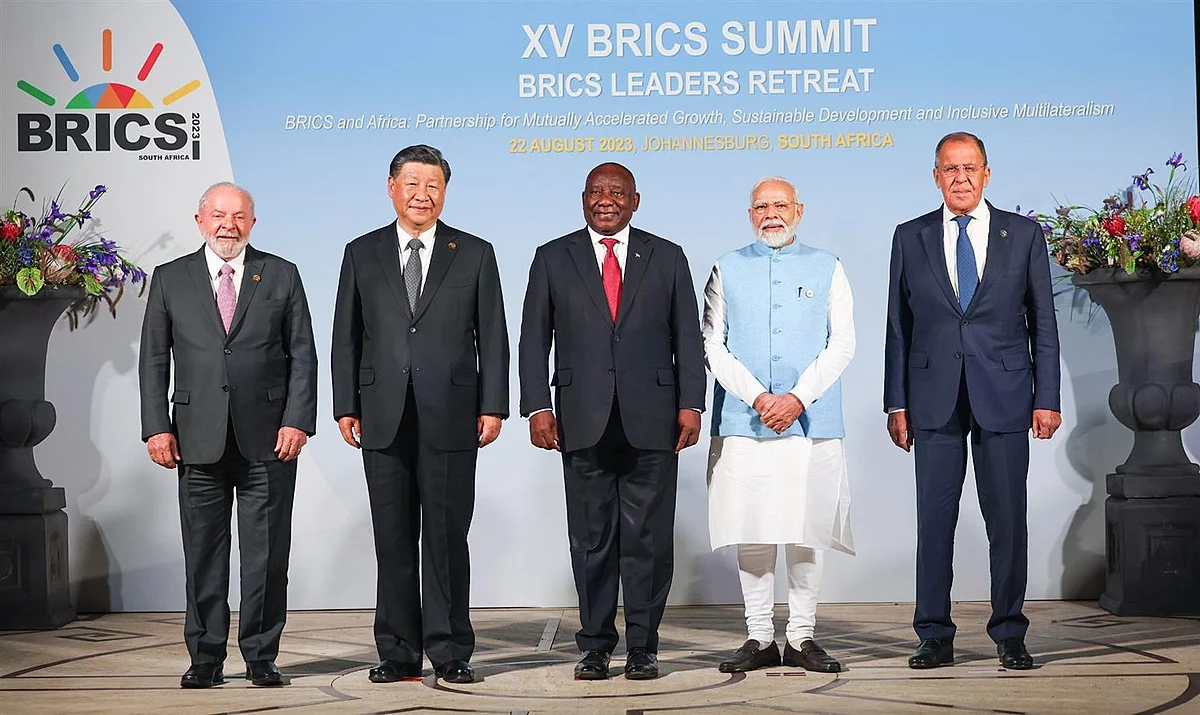
Nigeria, under the stewardship of its Minister of Foreign Affairs, Ambassador Yusuf Tuggar, is navigating new diplomatic frontiers, poised to enhance its global standing. The country’s recent overtures towards joining BRICS (Brazil, Russia, India, China, South Africa) and its steadfast pursuit of a permanent seat on the United Nations Security Council (UNSC) underscore a strategic reorientation towards proactive diplomacy and heightened international influence.
BRICS Exploration and Bilateral Ties with Russia:
Ambassador Tuggar’s revelation of Nigeria’s interest in BRICS membership occurred during an official visit to Russia, a pivotal diplomatic engagement highlighting Nigeria’s commitment to expanding its diplomatic horizons. This strategic objective aligns with Nigeria’s aspiration to amplify its voice in global decision-making processes and forge alliances with influential global actors. Furthermore, Nigeria’s historical ties with Russia, dating back to 1960, serve as a robust foundation for deepening bilateral cooperation. Ambassador Tuggar emphasized Nigeria’s appreciation for Russia’s consistent support and articulated Nigeria’s determination to reinforce bilateral ties across various sectors, including energy, defense, and education.

Energy Cooperation and Military Collaboration:
In discussions with Russian counterparts, Ambassador Tuggar lauded Russia’s involvement in crucial energy projects in Nigeria, signaling a burgeoning partnership in the nuclear and renewable energy sectors. Nigeria’s interest in nuclear energy underscores its commitment to sustainable development and energy security. Additionally, the longstanding military and defense cooperation between Russia and Nigeria remains pivotal, particularly in combating terrorism and insurgency. Ambassador Tuggar acknowledged Russia’s support in intelligence sharing and sought further collaboration in educational exchanges, acknowledging Russia’s contributions to Nigerian students through scholarships.

Implications of Nigeria Joining BRICS:
The prospective entry of Nigeria into BRICS carries significant implications across diplomatic, economic, and geopolitical realms. As the largest economy in Africa, Nigeria’s inclusion could bolster BRICS’ collective bargaining power and amplify its influence in shaping global policies. Moreover, Nigeria’s demographic dividend and burgeoning market potential could inject fresh vitality into BRICS’ economic agenda, fostering greater trade and investment opportunities among member nations. From a geopolitical standpoint, Nigeria’s accession to BRICS could rebalance global power dynamics, amplifying the voice of the Global South in international affairs and championing African interests within the bloc.
However, Nigeria’s integration into BRICS may present challenges, including the need to navigate divergent interests and reconcile varying developmental priorities among member states. Furthermore, aligning with BRICS could strain Nigeria’s traditional alliances with Western powers, potentially leading to geopolitical tensions and recalibrating global alliances.

Nigeria’s diplomatic trajectory, marked by its exploration of BRICS membership and pursuit of a UNSC seat, reflects a strategic shift towards proactive diplomacy and regional leadership. With concerted efforts to deepen ties with influential partners like Russia and amplify its voice on the global stage, Nigeria is poised to play a pivotal role in shaping the future of global politics. As the nation charts its course towards greater diplomatic prominence, careful consideration of the implications of joining BRICS will be crucial in navigating the complex landscape of international relations and fostering South-South cooperation.


